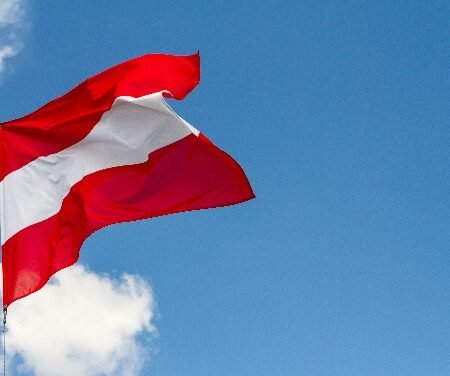Class aptent sociosqu ad litora torquent per conubia nostra, per inceptos himenaeos. In tempus, erat eget tincidunt elementum mauris quam laoreet erat.
According to EGBA Secretary General Maarten Haijer, Austria’s current framework lags behind European standards, potentially compromising consumer protection while missing substantial tax revenue opportunities.

Key points:
– Austria is one of only two EU countries still using a monopoly system for online casino gaming
– EGBA proposes a four-point reform plan including licensing, oversight, consumer protection and taxation
– The switch to a multi-licensing could yield significant tax revenue
Austria finds itself at a pivotal juncture as discussions about modernising its gambling regulation gain momentum.
Despite the fact that 21 EU member states have adopted multi-licensing frameworks for online casino gaming, Austria remains one of only two nations – alongside Poland – that maintain a monopoly system.
This model is regarded as having major drawbacks, including inadequate consumer protections, limited regulatory oversight and the loss of substantial potential tax revenue.
The European Gaming and Betting Association (EGBA) has highlighted the risks posed by Austria’s current monopoly system, noting that thousands of Austrian players are resorting to unregulated offshore gambling sites. These sites lack mandatory safeguards and consumer protection measures, leaving players vulnerable and outside the reach of national oversight.
The EGBA therefore sees the current government negotiations involving Chancellor Nehammer, Chairman Babler and Chairwoman Meinl-Reisinger as an opportunity to modernise Austria’s approach to online casino regulation by introducing a competitive multi-licensing system.
Good to know: Countries like Denmark offer a blueprint for success; since adopting a multi-licensing model in 2012, Denmark’s channelisation rate for regulated online gambling rose from 72% to 90% by 2023
Finland has recently committed to a similar reform, planning to end its monopoly and open its market by 2026.
According to EGBA, adopting such a framework could yield over €1bn ($1.04bn) in additional tax revenue for Austria by 2030.
Commenting on the perks of transitioning to this new system, EGBA’s Secretary General, Maarten Haijer, stated: “The evidence from across Europe is clear and compelling: multi-licensing works. It brings gambling activity into the regulated market, protects consumers and generates significant tax revenue.
“With government negotiations underway, Austria has a golden opportunity to modernise its approach to online casino regulation and benefit from the proven regulatory approaches elsewhere. The time to act is now.”






















